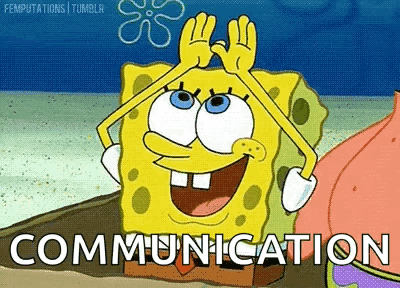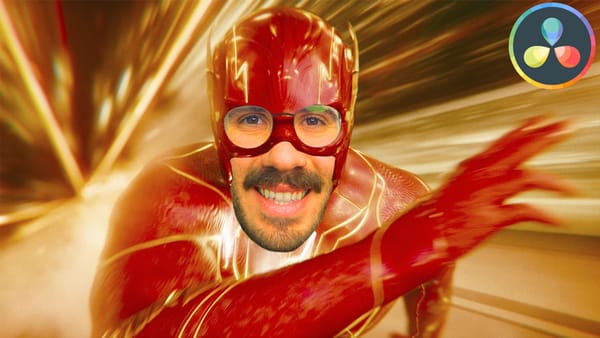Why I had to fire this video editing client. | Storytime

As video editors, we get to work with a lot of interesting people. Most of the time, these relationships are awesome. But sometimes things turn less than ideal. Today, I want to share a story of a time I had to fire a client and talk about what I learned. It's a valuable lesson in setting expectations and boundaries as a video editor.
The Initial Mistake: Setting the Wrong Precedent
It started subtly. The client saw the work I did and loved it. They were in the tech review space, and while they had a small channel, I was genuinely interested and wanted to help them grow. The issue was clear: they didn't have a huge budget for video editing.
So, I made my first mistake – I lowered my rates.
I've learned since that there's a strong correlation between your rates and how much clients respect you. This manifests in how involved they want to be in the editing process, and ultimately, how well they understand the value you provide.

When Hourly Billing Turns Into a Nightmare
As we began working together, the client kept wanting to know how many hours I spent on a video. It makes sense; they're on a budget and want to track their costs. But this constant questioning highlighted my problem - I was charging hourly.
Hourly billing means you get punished for being fast and efficient. It also invites micro-scrutiny over every minute you spend editing.
While I tried to be transparent – even explaining that rendering and uploading are part of the process – it led to them doing their own research and telling me they hear about video editors charging in 15-minute intervals. I'd never heard of this!
The industry standard is to charge by the hour. I made a point of explaining this, but I had already lost some control of the situation.
Switching Tactics: From Hourly to Project-Based
I realized then that I needed to take a different approach and have honest communication about how I prefer to work. The solution, I felt, was offering a per-video fee. This was a much better fit for their budget and my needs.
I explained the benefits to the client. They wouldn't have to worry about costs spiraling, and I could spend the necessary amount of time making the video awesome without rushing.
However, they were attached to the hourly model and felt it was fairer to them.
At this stage, we were a few projects in, and the client was already requesting a huge number of edits. The majority were subjective – just personal preferences – and ate into my time without significant benefit for the final video. I tried to communicate that I know what I'm doing, and they need to trust me more, but this didn't shift their desire for control.
The Breaking Point
When they brought up the hourly billing issue for the third time, I felt it had become unproductive for both of us. I explained clearly that this billing method is standard and that while I had lowered my rates for them, it was causing conflict.
That's when I decided I didn't want to work with the client anymore. And I told them in the nicest, most empathetic way I could.
I did my best to be polite. I truly wanted the best for them, even if that was with a different editor.
But then came a truly bizarre email accusing me of being "passive-aggressive" and "defensive". I was stunned; I'd been nothing but friendly and professional while working with them. That's when I knew the relationship was untenable.
Lessons Learned
Looking back, here's what I would do differently (and what you should do, too):
- Set Clear Expectations Up Front: Written agreements detailing work scope and pricing are key. Avoid misunderstandings AND help both sides feel secure.
- Ditch Hourly Billing: Charge per video. It simplifies things and rewards you for your speed and expertise.
- Maintain Empathy: Client relationships can get heated. Stay calm, focus on understanding the client's perspective, and don't take things personally.
- Don't Lower Your Rates: Your value deserves fair pay. Find clients who respect your talent and pricing.
Sometimes, firing a client is the best decision for both your and the client's happines.
What are your experiences with difficult clients?




